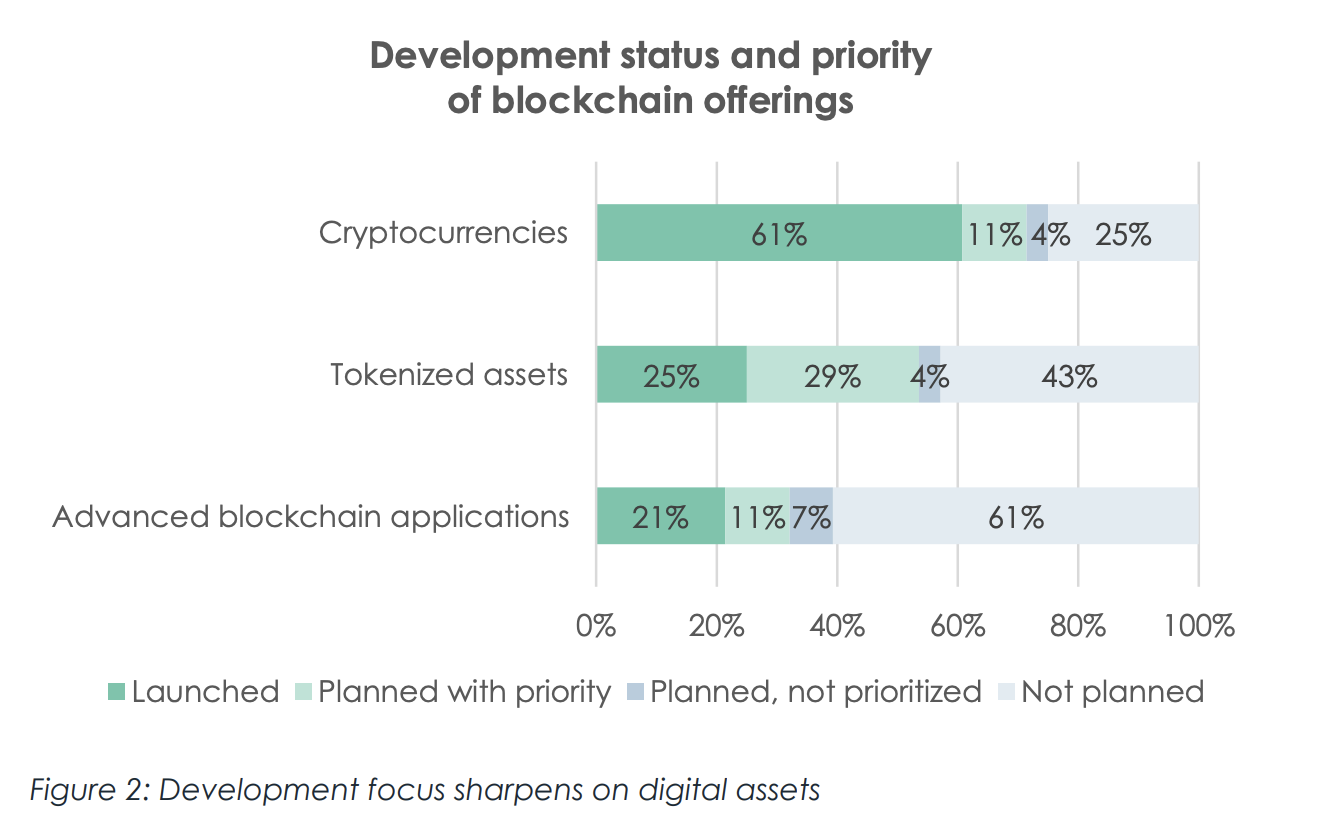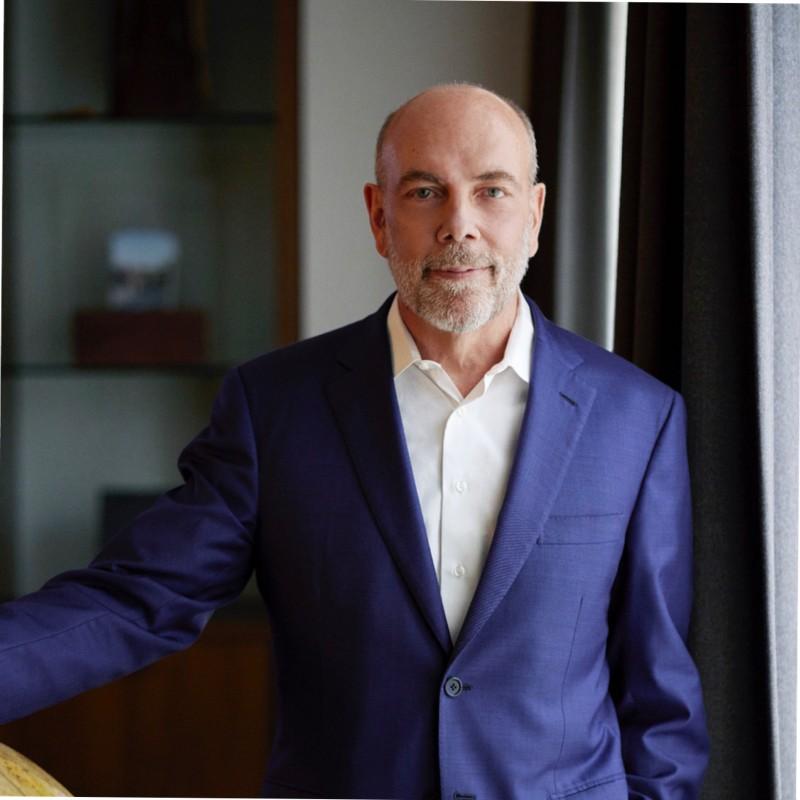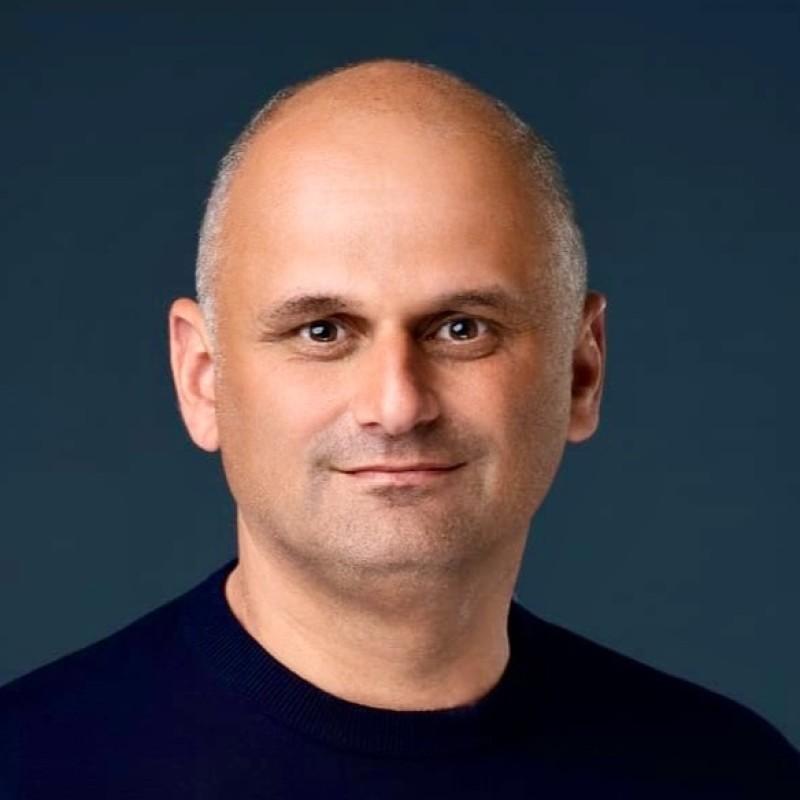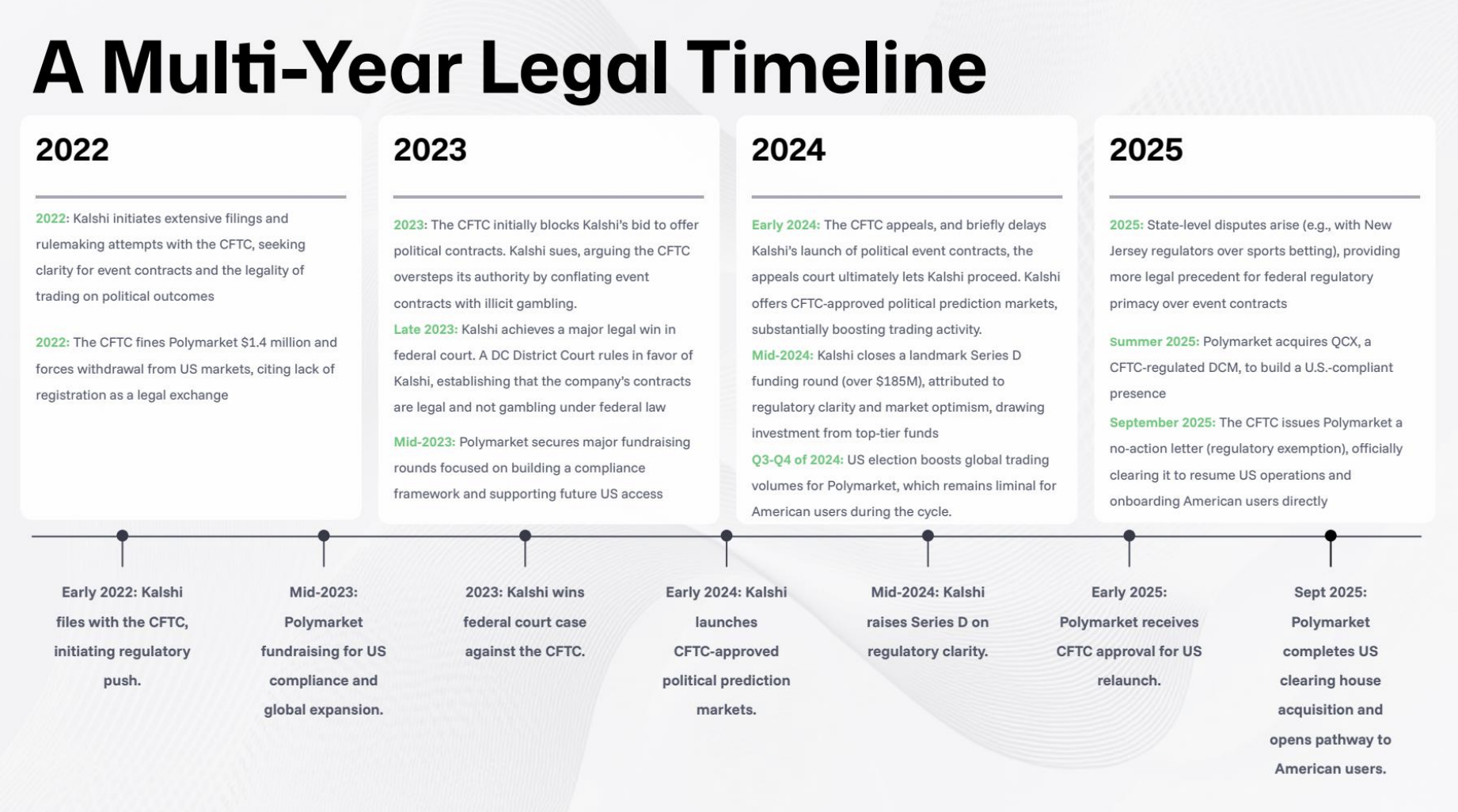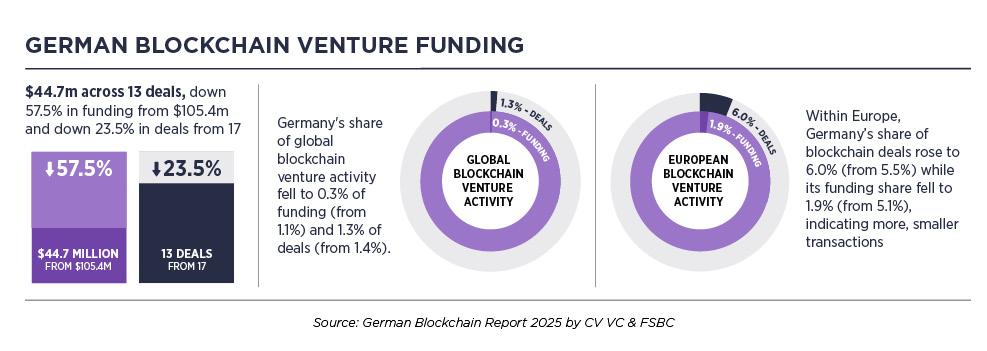Earlier this summer, Tezos smashed existing sales records in the white-hot IPO market after the company’s pitch to build a better blockchain for cryptocurrencies made it one of the buzziest ICOs in the world. As we noted at the time, the company capitalized on that buzz by courting VC firms and other institutional investors with a $50 million token pre-sale. After the company opened up selling to the broader public, demand soared as investors greedily bought up tokens in spite of glitches that threatened to derail the sale early on. By the end of its weeks-long token sale in July, Tezos had sold more than $230 million.
Now, Tezos is proving that authorities in the US and China were on to something when they decided to crack down on the ICO market, which has become a cesspool of fraud and abuse. To wit, the company’s management revealed this week that progress on its vaunted product has stalled as it has struggled to recruit engineering talent, and an acrimonious dispute between several of the company’s leading figures has spilled out into the open.
As WSJ’s Paul Vigna reports, “a battle between the founders of the company and the head of the Swiss foundation they installed to give it more independence has put most trading of Tezos coins on ice, possibly until early next year.”
The shakeup started after Tezos founders Arthur and Kathleen Breitman reported the delays in a blog post published Wednesday. But even more alarming, the pair accused Johann Gevers, the head of a Swiss foundation which oversees their funds, of attempting to overpay himself using the massive pot of investor capital – despite the fact that the company will likely blow through its promised deadline of allocating tokens to buyers by December (the tokens have yet to be created).
The news sent Tezos futures contracts trading on BitMex, an exchange known for its cryptocurrency futures products, tumbling more than 50% as traders unwound bets the project would be launched before the end of the year, as Bloomberg pointed out. |
Tezos Change for October 2017 |
| Tezos’s struggles underscore the biggest flaw in the ICO market: Investors keep throwing capital at companies hoping to luck into the next bitcoin, even though most companies don’t have a working product and many have relied on “white papers” fleshing out their ideas to market their tokens, a strategy that has been surprisingly (or perhaps unsurprisingly) successful. To wit, ICOs have raised more than $3 billion this year according to Bloomberg, far surpassing Pitchbook analysts’ expectations for $1.7 billion by the end of the year.
The ICO was run by the Tezos foundation, which is based in Zug, Switzerland. Most ICOs are built on top of Ethereum’s platform. However, the impact on ether tokens was fleeting, with ether seeing a slight dip before moving higher early Thursday. |
ICO Markets, Jan - Oct 2017 |
| Under Swiss law, the Tezos foundation is supposed to be independent of the company that owns the nascent Tezos software. Because of this, the foundation holds all of the funds raised, which have mushroomed to more than $400 million in value because the contributions were made in two cryptocurrencies – bitcoin and ether – which have appreciated sharply in the past few months. But the battle between the Breitmans and the Gevers is threatening to derail the whole project, according to Reuters.
Reuters is also reporting that the Breitmans, who first opened a corporation in Delaware to work on the Tezos code, failed to make certain regulatory disclosures made necessary by Arthur Breitmans’ employment at Morgan Stanley.
|
Top 10 Initial Coin Offerings |
Reuters also revealed that Tezos exaggerated its progress in its early days, following a seed investment by noted VC and blockchain enthusiast Tim Draper.
With the SEC already having filed the first civil charges against a man who launched two ICOs that the agency claims were completely fraudulent. If Tezos were the subject of regulatory action – the company’s founders said they chose to base the project in Switzerland because it didn’t have “too much oversight” – or even if it were to collapse in a heap of broken promises, its collapse has the potential to crash the whole ICO market. |
Then again, given the resilience of other cryptocurrencies, it’s difficult to discern whether Tezos might become the ICO equivalent of Mt. Gox, or whether it will ultimately be remembered as a blip.
At this point, only one thing is certain: Tezos investors who’d hoped to receive their coins by the end of the year are bound to be disappointed.
Full story here Are you the author? Previous post See more for Next postTags: Alternative currencies,Bitcoin,Blockchain,Blockchains,Business,China,Cryptocurrencies,ETC,Ethereum,Finance,Financial services,Institutional Investors,money,Morgan Stanley,newslettersent,Reuters,Switzerland,U.S. Securities and Exchange Commission























